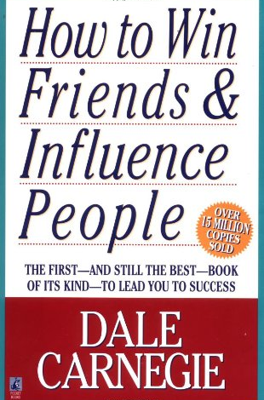How to Get Cooperation
Key Concepts
Importance of Cooperation: Coaxing rather than coercing for cooperation is emphasized, showcasing the effectiveness of allowing people to think they have arrived at their own conclusions.
Self-Discovery in Decision-Making: People tend to embrace ideas with more enthusiasm and trust when they believe they've played a part in shaping them. This principle is beneficial both in professional settings and personal interactions.
Practical Advice
Encouraging Participation: Drawing ideas from individuals, like Adolph Seltz did with his sales team, can transform dispirited groups into motivated contributors. This engagement fosters mutual commitment and dramatically improves performance and results.
Involving Others in Problem Solving: Just like Eugene Wesson involved a stylist in the creative process which led to successful sales, incorporating others in developing solutions or finalizing products can shift passive participants into active collaborators.
Consultation over Persuasion: Instead of pushing one's own ideas, asking for opinions and suggestions leads to greater acceptance and engagement from the other party. This approach is effective across varied scenarios—from business dealings to family vacation plans.
Examples from the Chapter
Adolph Seltz's Sales Team: Engaged his disheartened sales team by soliciting their expectations, which led to a revitalized team spirit and increased sales.
Eugene Wesson's Design Sales: Transformed repeated rejections into successful transactions by asking a stylist for input on unfinished sketches, thereby making the stylist feel invested in the creative outcome.
Paul M. Davis's Vacation Planning: Applied the principle in a family context by involving his daughter in vacation planning, which aligned the family's vacation interests.
Hospital X-Ray Equipment Purchase: A hospital staff felt valued when an X-ray equipment manufacturer sought their opinions, leading to the hospital equipping its new wing with the manufacturer's machines.
Principle to Follow
- Principle 7: Let the other person feel that the idea is theirs. This tactic not only aids in smoother negotiations and agreements but also in fostering a cooperative and creative environment, whether in business, politics, or personal relations.
